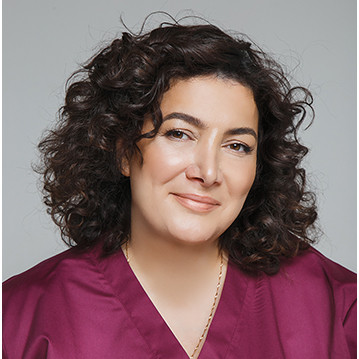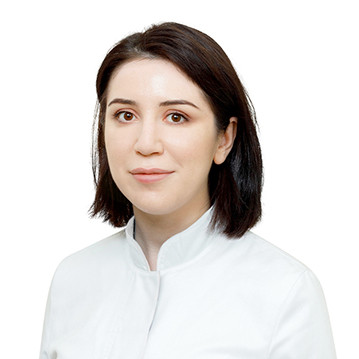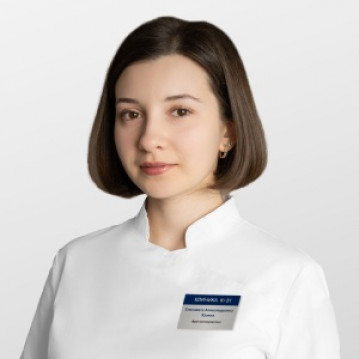Inflammatory diseases of the colon (Crohn's disease, ulcerative colitis, etc.) are pathological processes accompanied by diarrhea, aching pains in the left abdomen, problems with weight and appetite.
Causes:
- Genetic predisposition.
- Infectious processes in the body.
- Smoking abuse.
- Immune system malfunctions.
Symptoms
The patient is worried about diarrhea, high body temperature, general weakness. From time to time, aching pains occur in the left abdomen. It is also possible the appearance of discomfort in the joints. At the first symptoms, you need to contact a gastroenterologist or proctologist and get diagnosed.
Diagnostics
Most often, the doctor, with suspicion of an inflammatory disease of the colon, refers to the following studies:
Based on the results of the research, the doctor makes the final diagnosis for the patient and prescribes treatment.









